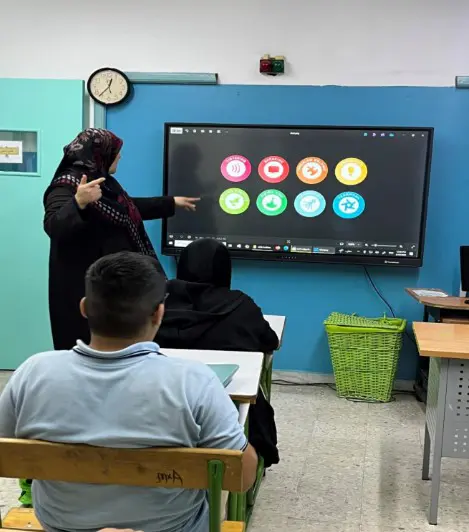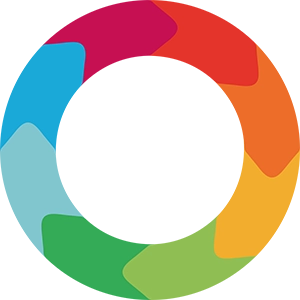By prioritizing specific skills, we were able to focus our efforts on introducing, implementing and assessing them thoroughly and adjusting planning accordingly. These skills were embedded into the educational plans, with teachers designing lesson plans aligned to the specific steps identified through initial assessments. This allowed for targeted instruction tailored to each class's needs.
Differentiation was guided by the assessment results, enabling teachers to address individual learning levels and assign appropriate focus steps. This approach supported inclusive learning while maintaining consistency across subject areas.
Beyond classroom instruction, Teamwork, Creativity, and Problem Solving were also integrated into extracurricular activities. Field trips, science fair exhibitions, and school events served as rich opportunities for students to apply these skills in real-life and collaborative settings.
To ensure full integration of the program, we worked on building awareness among all stakeholders. Teachers, students, administrative staff, and parents were involved in understanding and supporting the skills development process.
























